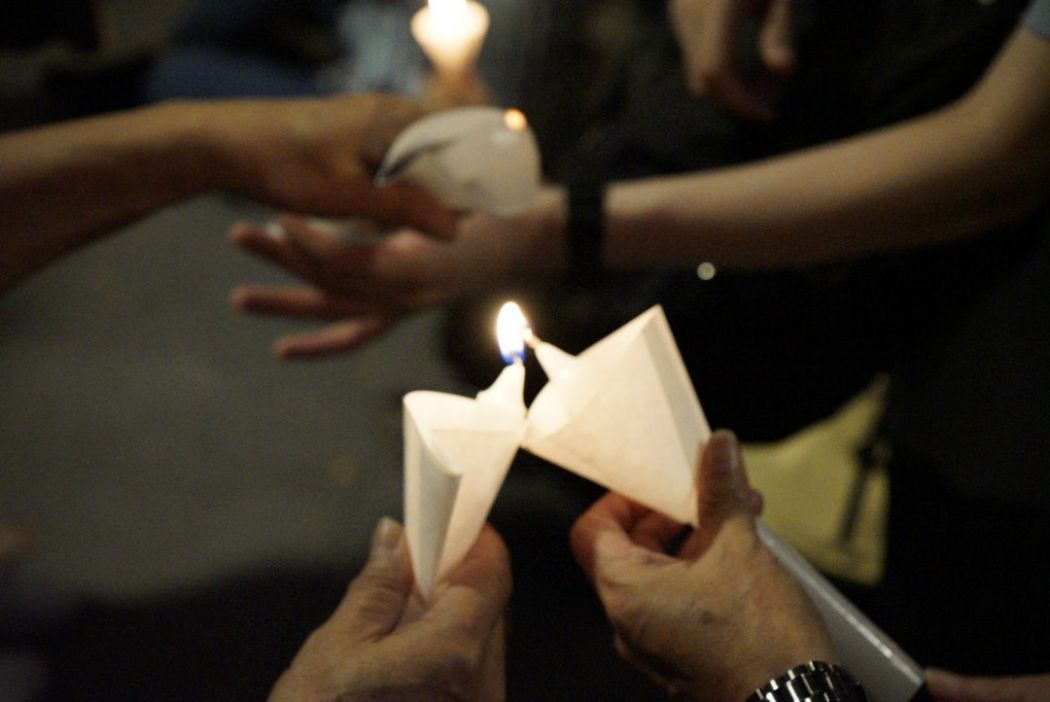I still remember an evening sometime in November 2008 when I received a Skype message from Liu Xiaobo – “Do you have time to have a brief chat?”.
I was a bit surprised that somebody I read about from the 1989 Tiananmen protests and crackdown suddenly sent me that message. I said: “Sure. Thanks, Mr Liu.” Then, we had a brief conversation, the first time and the only time I had a private conversation with him. Nearly 12 years have passed and he passed away in Chinese custody a few years ago despite all the international attention on his case over the years.

What Liu Xiaobo asked me about was a text he was co-drafting with some liberal writers and public intellectuals in China. He knew that I was working at a small and new NGO for human rights lawyers in China and that some of the board members were pro-democracy legislators in Hong Kong.
At that time, the text was still being drafted but he already sounded very enthusiastic and believed that it could help to create more discussion on improving China’s political system. I could feel that he really looked forward to hearing more discussion about the text and hoped that like-minded and liberal people in Hong Kong could also take part in the conversation. We all later learned that the text was to be “Charter 08”. Then, we all learned the plight of Liu Xiaobo, his detention, sentence and death in the following years.
What the Chinese government accused Liu Xiaobo of was “inciting subversion of state power.” From whatever angle we try to read and understand the charge, I bet nobody can really argue how “Charter 08” (a blueprint of the aspiration of Liu and co-drafters about how they perceived future for China) and six of his articles criticising the Chinese government, could be construed as “inciting” others to “subvert” the powerful regime of Communist China.
I also think many people keep asking questions about what can actually constitute the charge. There are several elements in the charge that continue to make us wonder about the cruel reality of Communist China. It’s entirely up to the state to define what it really means by “inciting,” “subversion” and “state power.”

Certainly, the evidence doesn’t mean much in such political cases in China. It’s the Communist state that can claim who Liu Xiaobo and his co-drafters of “Charter 08” had “incited” and what kind of “subversion” the text could do to the state and what “state” Liu Xiaobo and co-drafters referred to is really different from the “state” the Communist regime refers to.
There are numerous similar cases of “inciting subversion of state power,” “subverting state power,” “separatism,” “inciting separatism” or “leaking state secrets” in China. Surprisingly (or not surprisingly), all those cases are related to organising political parties (like “China Democratic Party”) or writing articles that call for political reform or criticising the Communist regime.
Now, in Hong Kong, we are being forced to accept a so-called “national security law” that is being drafted by Communist China’s regime and imposed onto our city. No matter how hard Hong Kong officials and pro-Beijing figures have been trying to make us believe that this “law” would be different from the one in China and how Hong Kong is obliged to enact such a “law,” we need to strongly and repeatedly ask about cases like Liu Xiaobo and other dissidents in China.
There are numerous commentaries telling us Hongkongers what it means for the “Hong Kong version” of “national security law” to be drafted by the Standing Committee of China’s National People’s Congress.

Many so-called China “experts” are attempting to explain to us the legal reasoning and justification of this “law” and some lamented how we “missed” the opportunity to pass the controversial Article 23 legislation in our legislature back in 2003 and that now it has led to the much more radical approach by Beijing to forcibly impose the law on us.
No matter how much the attention is now focused on the sanctions imposed by the US government, we here in Hong Kong will face, perhaps not immediately, what mainland Chinese people have been facing for decades – punishment for expressing political opinions that are against the government.
Are we going to see tragic cases like Liu Xiaobo in Hong Kong? I hope not, but what can we expect? I sincerely hope that the attention on Hong Kong won’t only be on how sanctions will impact our economy. Universal values, including freedom of expression, are something we truly care about.
